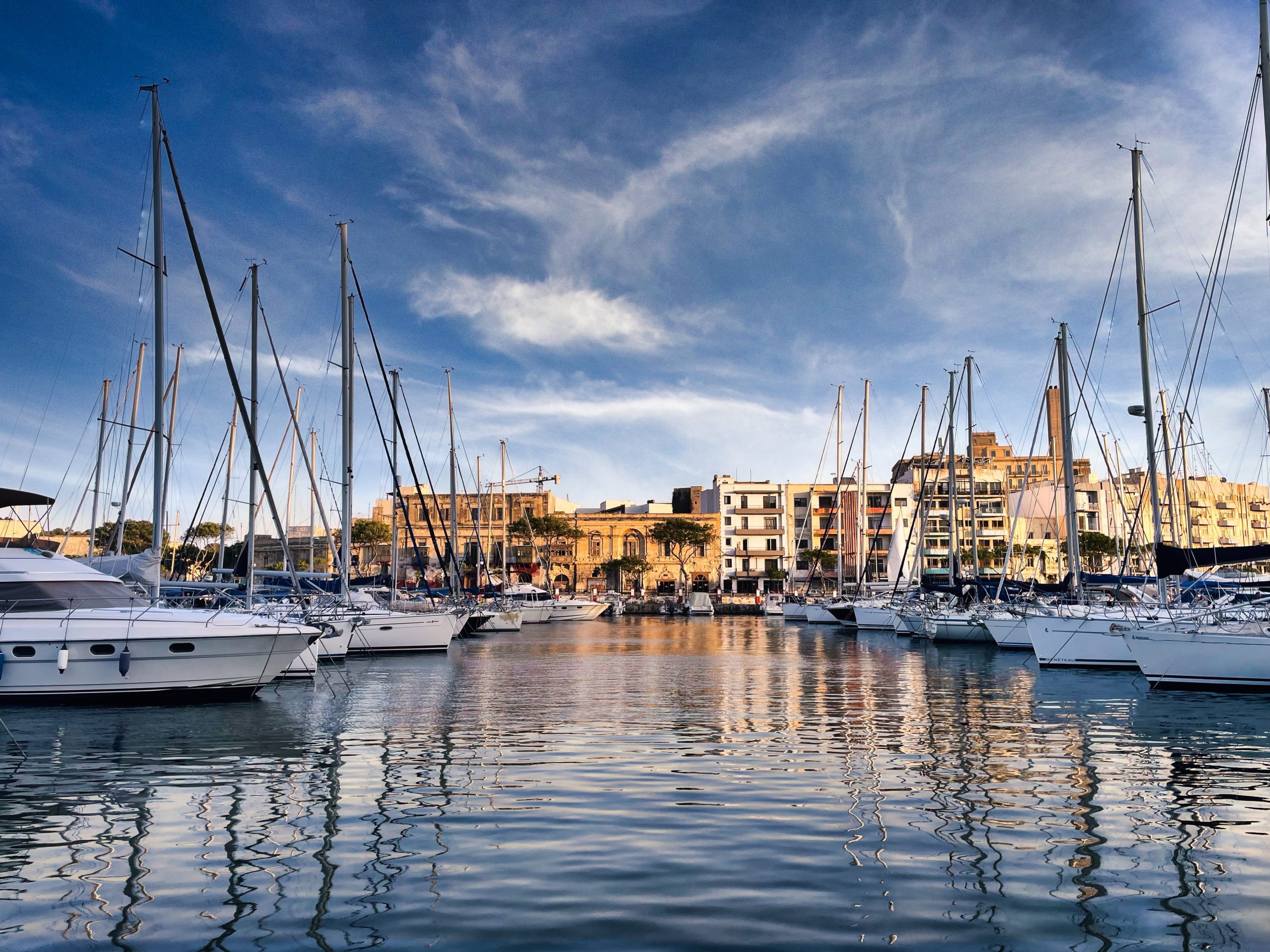An Executive Warrant of Arrest of Sea Vessels which is issued may only be revoked following an application containing all desired submissions together with all documents sustaining such application, either totally or partially, for any reason valid at law.
An Executive Warrant of Arrest of Sea Vessels which is issued may only be revoked following an application containing all desired submissions together with all documents sustaining such application, either totally or partially, for any reason valid at law. This was outlined in Nassau Maritime Holding DAC vs M/V DOMINIA decided by the First Hall, Civil Court on the 8 August 2023 and confirmed by the Court of Appeal on the 5 September 2023. The First Hall, Civil Court was presided by Judge Anna Felice whilst the Court of Appeal was presided by Judges Mark Chetcuti, Christian Falzon Scerri and Josette Demicoli.
A warrant of arrest of the vessel M/V DOMINIA was filed on the 23 May 2023 and became executive on the 5 July 2023. The captain of the vessel filed an urgent application in the First Hall, Civil Court requesting the warrant of arrest of the vessel to be revoked because valid reasons according to law were presented and based on the fact that there was lack of effective redress as a result of the administrative shortcomings of this part of the Court Registry. The First Hall, Civil Court stated that these proceedings were based on Article 281 of Chapter 12 of the Laws of Malta which states the following:
(1) Without prejudice to any other right under this or any other law, the person against whom an executive act has been issued or any other person who has an interest may make an application, containing all desired submissions together with all documents sustaining such application, to the court issuing the executive act praying that the executive act be revoked, either totally or partially, for any reason valid at law.
The First Hall Civil Court outlined that it is strongly held by jurisprudence that a procedure according to Article 281 of Chapter 12 of the Laws of Malta is essentially limited to what may result from the Act itself. The procedure does not reopen the merits of the despite between the parties.
The claimants on behalf of the vessel affected by the warrant of arrest are basing their claim on the fact that the company that owns the vessel, Morfini SPA, initiated preventive procedures in the Court of Bari, Italy in July 2021, of which that Court ordered a ban on judicial acts against the same Morfini SPA. A restructuring plan of the company was presented to that Court in February 2022. In February 2023, the creditors did not approve the restructuring plan and in fact, judicial bankruptcy proceedings were initiated against the company. The Court had approved once again the company’s request for a ban on judicial proceedings by creditors. However, this decision was never notified to the creditors.
The Court quoted Article 8 of the European Regulation on Insolvency 2015/848 which states the following:
1. The opening of insolvency proceedings shall not affect the rights in rem of creditors or third parties regarding tangible or intangible assets, movable or immovable, both the specific assets and the collections of indefinite assets holistically that change from time to time, belonging to the debtor who are located in the territory of another Member State at the time of the opening of the proceedings.
Since the credit of Nassau Maritime Holding is secured by a First Priority Mortgage, this constitutes a right in rem and is protected by Article 8 of Regulation 2015/848. The same position is reflected in Article 25(5) of Act XXIV of 2022. Therefore, the First Hall Civil Court denied the request of the claimants to revoke the warrant of arrest of M/V DOMINIA.
The claimants appealed the decision of the First Hall Civil Court on four grounds. Firstly, they stated that the First Hall Civil Court erroneously rejected their request to revoke the warrant of arrest because the ban on judicial proceedings by creditors was never notified to its creditors. Secondly, they insisted that the applicable law was Italian law and that Act XXIV of 2022 is inapplicable. Thirdly, they said that the First Court limited itself when it raised doubts about the jurisdiction of the Court of Bari where a vessel is arrested in Maltese waters and lastly, they said that the procedures de quo amount to forum shopping.
The Court of Appeal in its decision stated that the creditor’s opposition was not based on the lack of notification and the Court did not put such consideration as the main reason of the rejection of the request. The First Hall Civil Court compared the provisions of Act XXIV of 2022 to show that the Maltese law contains identical provisions to the European regulation and not that it was applicable. It concluded that there was no forum shopping because the issue is regarding the validity of the warrant of arrest of the vessel in Maltese waters issued by the creditor as a precaution arising from a mortgage guarantee for credit due.
The Court rejected the appeal and the warrant of arrest of the vessel was not impugned.
Av. Jodie Darmanin
Junior Associate
Mifsud and Mifsud Advocates
This article may also be accessed on Malta Today.
For more information you can contact one of our Team Members at Mifsud & Mifsud Advocates.











